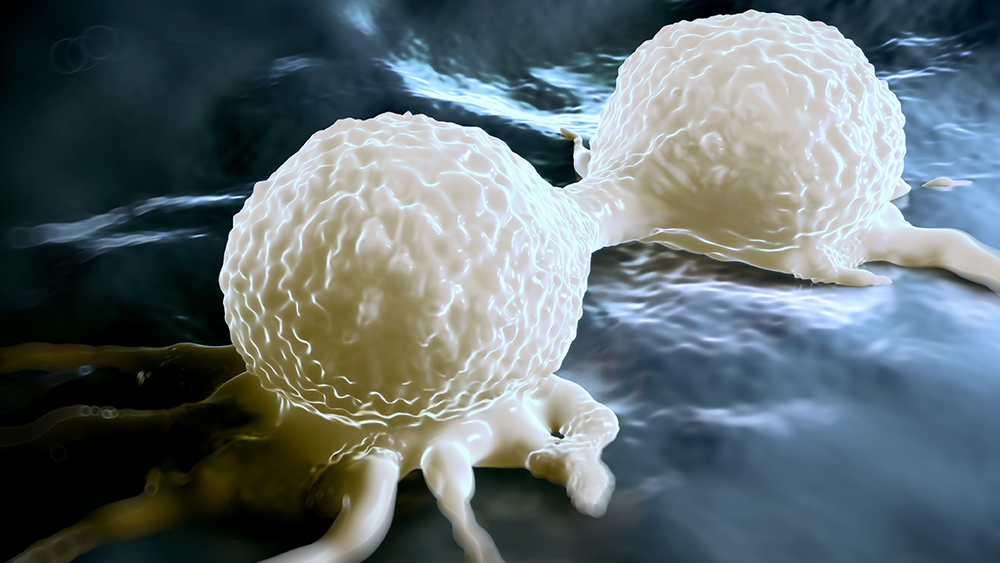
To develop novel protein carriers for cancer drugs, Texas A&M University researcher Dr. Phanourios Tamamis from the Artie McFerrin Department of Chemical Engineering, and his collaborator Dr. Ehud Gazit, a leading biochemist, biophysicist and nanotechnologist from Tel Aviv University, Israel, have won a joint National Science Foundation and United States-Israel Binational Science Foundation (NSF-BSF) award. The award, conferred on June 15, will start funding their research on August 1.
Peptide-based materials are highly promising carrier agents for cancer drugs as they can combine ease of fabrication, potential biocompatibility and tunable chemical properties. The goal of this project is to develop novel classes of cancer drug delivery nanocarriers, starting from promising initial studies of the researchers on peptide-based nanomaterials for the delivery of cancer drug epirubicin, commonly used to treat breast cancer.
They will examine the possibility of using a short dipeptide, cyclo-dihistidine, as a universal cancer drug carrier. They also plan on designing novel peptide nanocarriers combining enhanced fluorescence and high binding affinity to cancer drugs. Finally, the team will aim to transform the most promising nanocarriers into smart drug nanocarriers capable of targeting cancer cells.
The resulting peptide materials are expected to be a viable alternative and promising route to delivering cancer drugs, combining ease of fabrication with a range of capabilities, including enhanced fluorescence, to enable monitoring of drug release, optimized drug encapsulation and improved targeting of cancer cells.
Tamamis noted that this special NSF-BSF award will provide the exciting opportunity for him to merge his expertise in computational techniques with experimental techniques and studies that will be done in Tel Aviv by researchers from Gazit’s lab.
The NSF-BSF grant will provide funding of around $400,000 to Tamamis, and additional funding to Gazit. In addition to providing funding for the research, the grant will facilitate creating educational activities to train undergraduates, graduate students and high school students from underrepresented communities.
